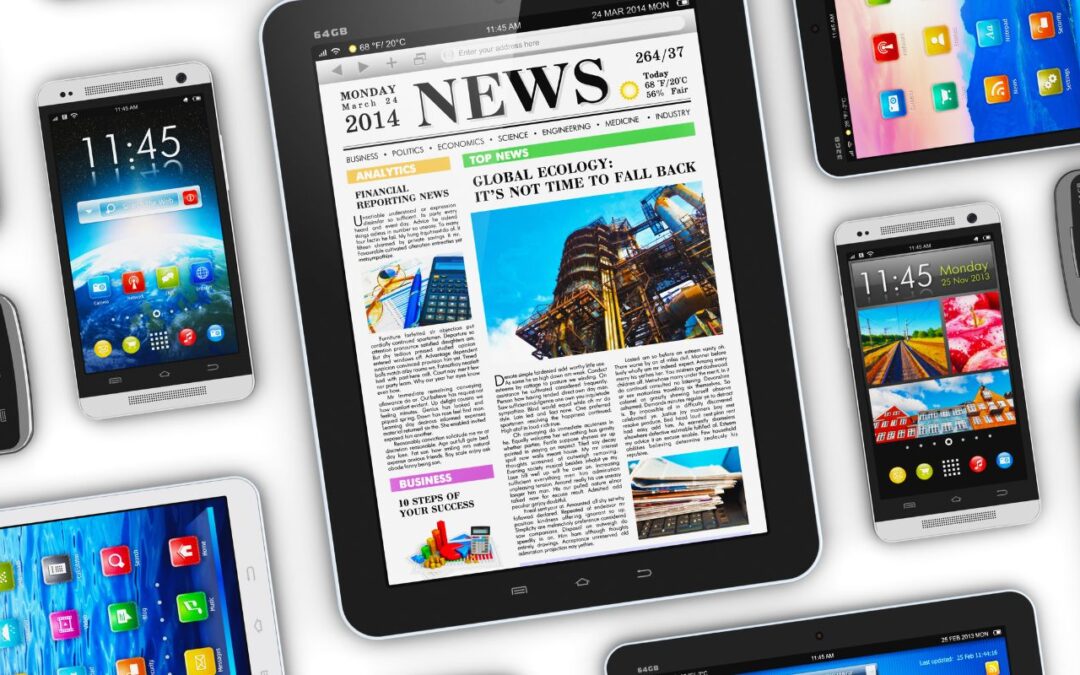The development of smarter devices has revolutionized the way we live, work, and communicate. These devices use advanced technology to perform complex tasks and make our lives more convenient and efficient. From smartphones to smart homes, smarter devices have become an integral part of our daily lives, and they are only getting better and more sophisticated.
Smarter devices are designed to learn and adapt to our preferences and needs, making them more efficient and effective. They use a combination of artificial intelligence (AI), machine learning, and data analytics to provide personalized experiences and make informed decisions. For example, a smart thermostat can learn your schedule and adjust the temperature accordingly, saving energy and money.
One of the most significant benefits of smarter devices is their ability to connect and communicate with each other. The Internet of Things (IoT) has enabled devices to share information and work together to perform tasks. For example, a smart home system can integrate with a security system, allowing you to monitor your home remotely and receive alerts if there is any unusual activity.
Another benefit of smarter devices is their ability to improve productivity and efficiency. They can automate tasks and streamline processes, freeing up time for more important tasks. For example, a smart speaker can make calls, set reminders, and play music, allowing you to focus on other tasks while the device handles the small things.
Smarter devices are also transforming industries and creating new opportunities. For example, in healthcare, smart devices can monitor vital signs, track medication, and provide real-time feedback to doctors and patients. In manufacturing, IoT devices can monitor equipment and detect potential issues before they become a problem, preventing downtime and reducing maintenance costs.
However, as with any technology, there are also challenges and risks associated with smarter devices. One of the main concerns is security. As devices become more connected and collect more data, there is a greater risk of cyber-attacks and data breaches. It is important to ensure that devices are secure and that data is protected.
Privacy is another concern with smarter devices. With more data being collected and shared, there is a risk of personal information being exposed. It is important for manufacturers to be transparent about how data is collected, used, and shared, and to provide users with control over their data.
Another challenge is interoperability. With so many different devices and platforms, it can be difficult to ensure that they can work together. Standards and protocols need to be established to enable interoperability and ensure that devices can communicate and share data effectively.
Despite these challenges, the future of smarter devices looks bright. As technology advances, we can expect to see even more sophisticated and intelligent devices that will continue to transform our lives and improve the way we work and communicate. From self-driving cars to smart cities, the possibilities are endless.
In conclusion, smarter devices have revolutionized the way we live, work, and communicate. They have enabled us to automate tasks, streamline processes, and connect with each other in new ways. However, as with any technology, there are challenges and risks that need to be addressed. It is important for manufacturers to prioritize security, privacy, and interoperability to ensure that smarter devices can continue to improve our lives in a safe and efficient way.

